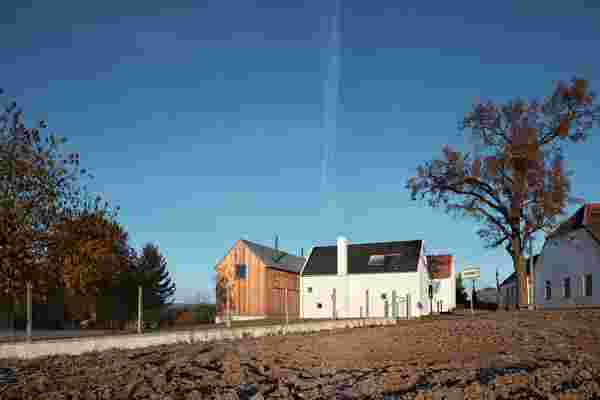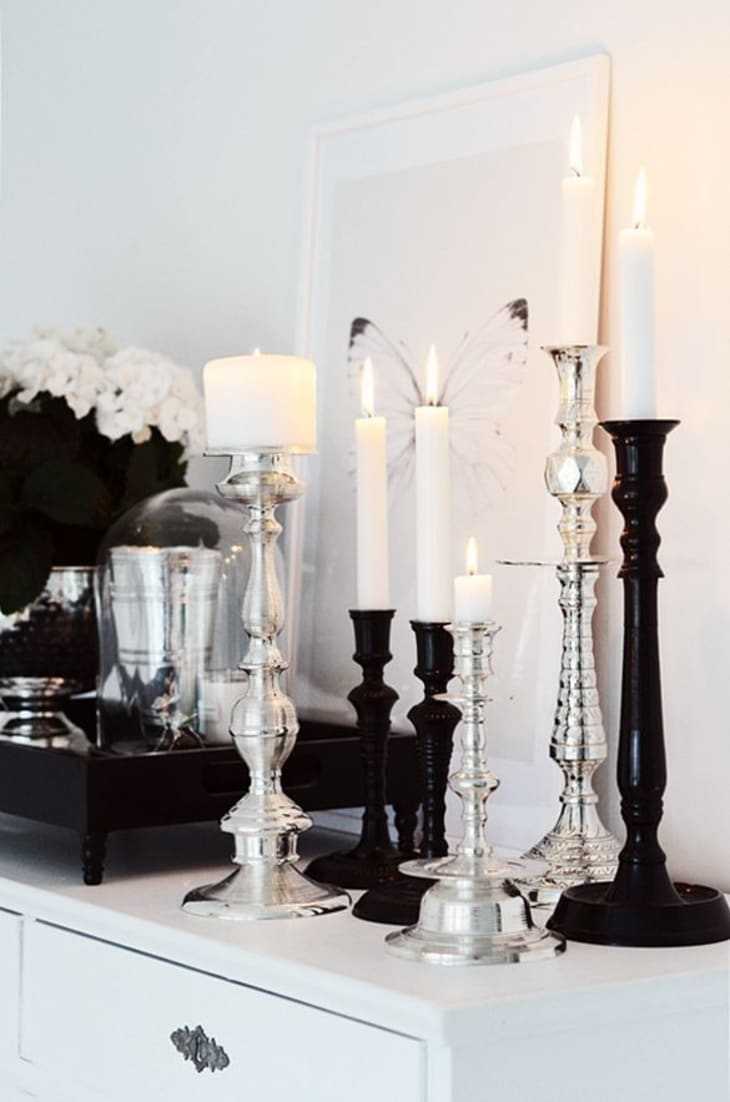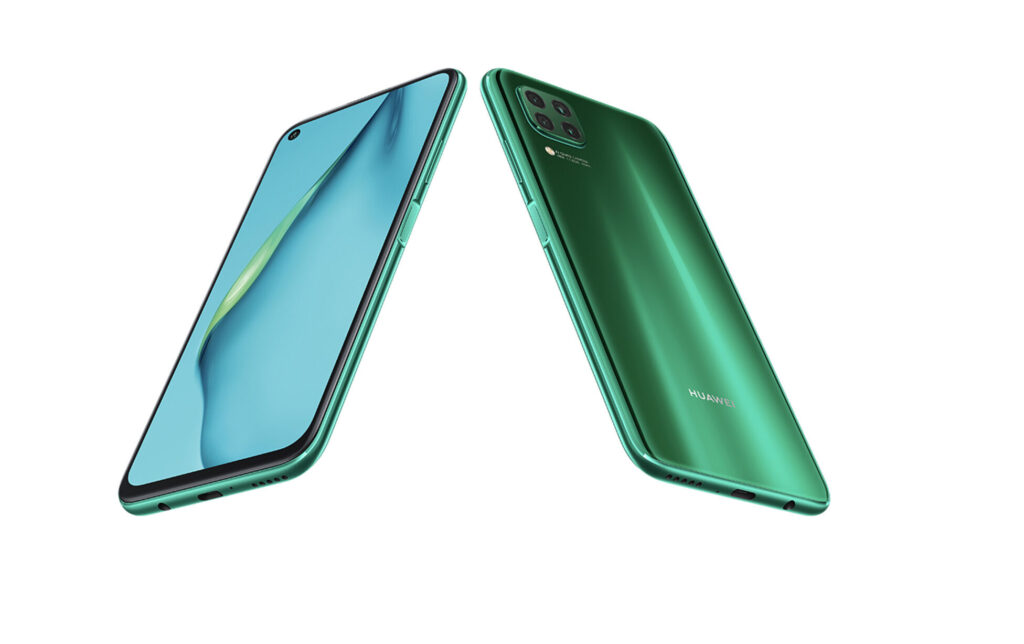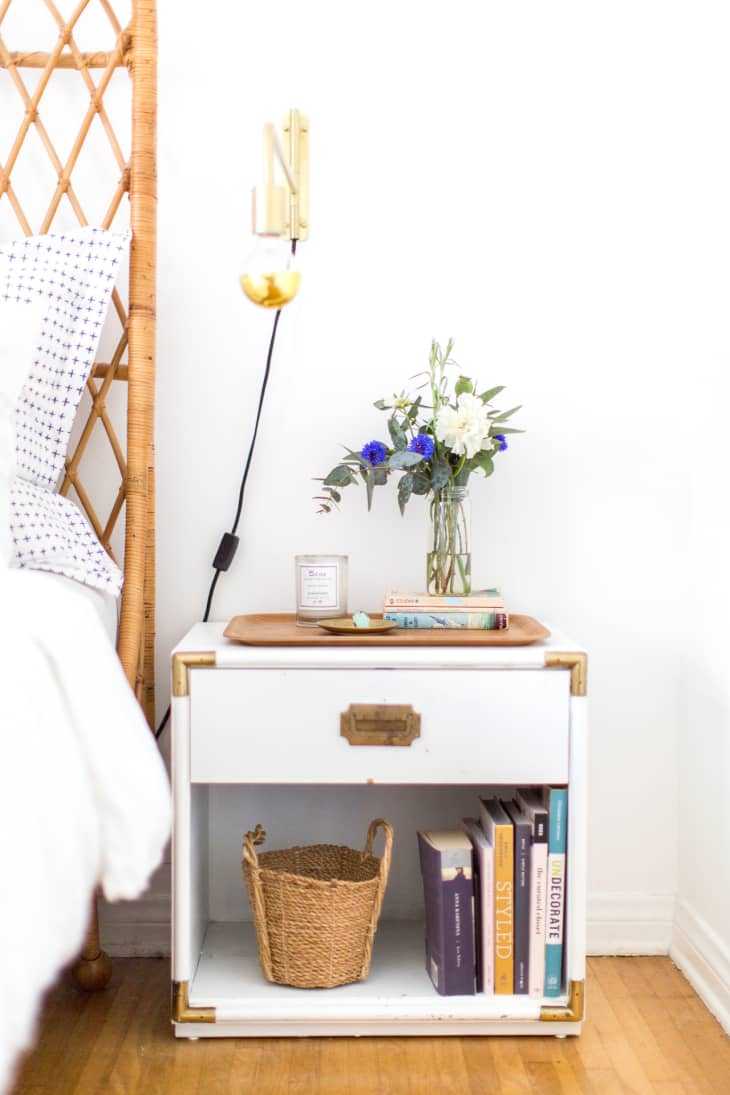For this review we tested the 42in model (42PFL7666T/12) in the 7000 series, but it's also available in 37in (37PFL7666T/12) and 47in (47PFL7666T/12) screen sizes - for £850 and £1,100 respectively. All models have identical specifications except for their dimensions and power usage. We're confident that image quality will be practically identical across the range.
Philips TVs might be known for their unique AmbiLight ambient lighting systems that add another dimension to films and games, but the company's latest set isn't a one-trick pony. The new 7000 series is a big improvement on the old model, adding a Freeview HD tuner and support for 3D video.
A silver brushed metal finish and sweeping stand certainly make the TV stand out, although the screen bezel isn’t the thinnest we’ve seen. There’s plenty of swivel in the stand, so it’s very easy to move the screen to a particular angle. A touch-sensitive control panel at the base of the screen is useful, but is no replacement for the pebble-shaped remote control. The remote has all the functions you need, including a record button in case you want to use an external hard disk or flash drive as a basic PVR.
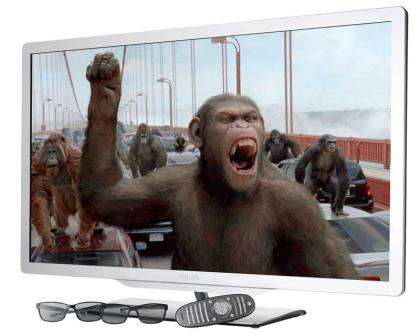
There are two USB ports on the back of the set, so you’ll be able to connect a second disk for playing multimedia files – we could play all our test footage, with the exception of DivX files. An SD Card reader will let you play picture slideshows, and if you’ve got a networked media player or PC, you can play your files directly using DLNA. If you prefer not to route cables from the TV to your router, you’ll be pleased to hear the 7000 series has an integrated Wi-Fi module.
Another reason to get online is the NetTV function – with access to social networks, video streaming from YouTube and Daily Motion and catch-up services from BBC iPlayer, you're bound to find something to watch. The system was fairly responsive during testing, letting us stream high definition content without any stutter from the menus.

When it comes to connecting other devices, the TV is reasonably well equipped - as well as four HDMI ports, there are single component, VGA and SCART connections for older equipment. Audio ports are slightly more limited in variety, but analogue RCA inputs, a digital optical output and a headphone jack should be enough for most basic setups.
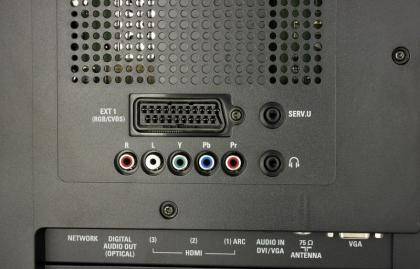
Even though we would still recommend a dedicated surround sound system for watching films, the 7000 series' two 14W speakers coped well with broadcast TV - at half volume, we could clearly hear our test files from across the room. Bass response wasn’t particularly impressive, but the mid-range and high-end were both reasonably punchy.


